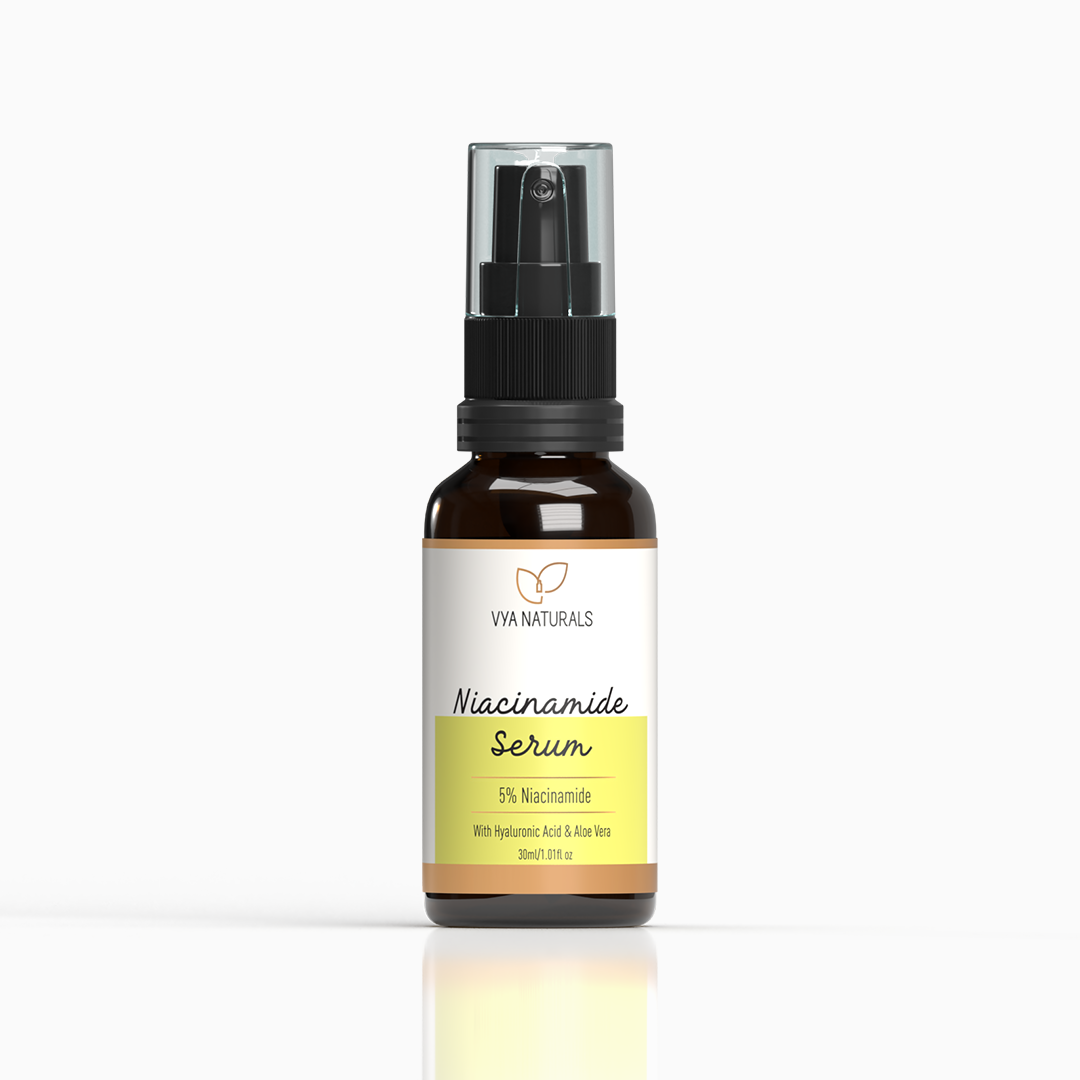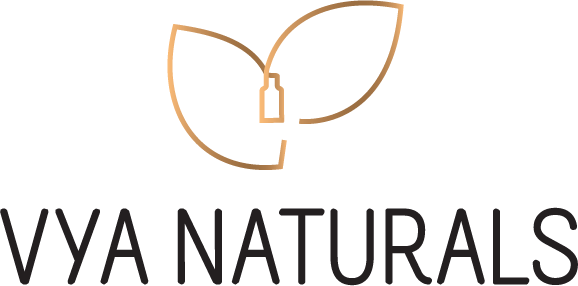Does natural = chemical free?
Surprisingly the answer to that is NO!
In fact NOTHING in the world is chemical free.
Let’s go back to school and to Science 101. It may or may not have been your favorite subject. But let's refresh our memories to understand this better.
Chemicals are present in everything we breathe, see, ingest or touch. All matter, including us, is made of chemicals. The water we drink daily is a chemical; the air we breathe, the soil we walk on, the fruits and vegetables we eat are all chemicals.
Thinking chemicals (man made substances) = toxic is a common misunderstanding. In reality, our planet Earth, and everything on in and in it (including us, of course) are made up of chemicals.
So it is not possible to say that your skincare is chemical free because it is natural.
Something found in nature is always best for skin and hair, right?
Well - not always.
Consider this - the 5 most poisonous substances in the world are all found in nature.
They are Botulin (a neuro toxin), Snake Venom, Ricin (present in the bean of the castor plant) Arsenic and Mercury. They are more poisonous than anything manufactured synthetically in a lab.
But surely ingredients derived from plants are good for us, right? Because Mother Nature is loving and nurturing and safe.
The answer to that is YES and No.
Plants are made of many different components (chemicals or groups of chemicals). Some of them help the plant live longer and keep our skin looking younger and healthier. For example - antioxidants. Some of them however serve as the plants defense mechanism to save them from predators. For example, stinging nettles or poison ivy. These are irritating for our skins. Therefore, these would definitely not be welcome in our natural skincare.
Is it safe to use ingredients whose names I can’t pronounce?
Chances are, you wouldn’t be able to pronounce list of chemicals found in a perfectly safe ingredient too. At least not without a few stumbles. For example, list of chemicals found in a perfectly safe ingredient such as pineapple extract.
Try wrapping your tongue around these:
- Octadecadienoic Acid
- Ethyl 3-Methyl Thioproponoate
- 2,5 Deimethyl 4-Hydroxy 3(2H) Furanone
- Ethyl 2-Methylbutyrate
- Sesquiterpenes
See what we mean? There’s a reason why they decided to call it “Pineapple Extract”. It’s because things are rarely as cut and dried as ‘if you can't pronounce it, don't use it.’
Let's take another example.
What would be your thoughts on yet another unpronounceable chemical Methylxanthine Alkaloid 1,3,7-Trimethylpurine-2,6-Dione?
The name may sound scary - yet we use it daily. It's the scientific name for CAFFEINE. We use it in skincare and in our favorite coffee.
So what exactly does natural skincare mean?
Everything in nature (including plants and plant extracts) is a mixture of chemicals. The key lies in understanding the toxicity levels of these ingredients, the level of exposure as well as the way in which you are exposed to them.
At Vya Naturals we define natural skincare products as those that do not contain ingredients. These include parabens, sulfates, phthalates, petroleum or petrochemical derivatives, formaldehyde donors, synthetic dyes or colors and synthetic fragrances.
We believe in using ingredients that are derived from natural chemical compounds.
For our products, we tap into nature’s healing and nourishing benefits by using whole foods and plant extracts.
We are also a cruelty free brand and do not test on animals.
Ready to dive into the world of natural skincare and to explore its benefits?
Take a look at some products derived from Rose, Turmeric and Vitamin C in our range of products.
More questions? Ask them in the comments below.






